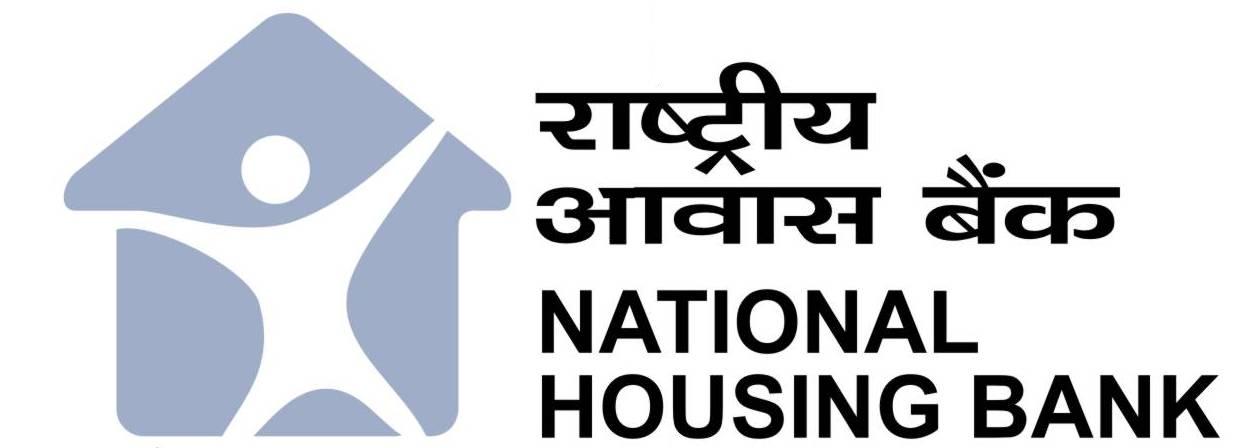


In a notable judgment, the Supreme Court of India delivered a verdict on the case of National Housing Bank vs. Bherudan Dugar Housing Finance Ltd. & Ors., addressing the intricacies of corporate criminal liability under the National Housing Bank Act, 1987.
Background
The appellant, National Housing Bank, filed a complaint under Section 200 of the Code of Criminal Procedure, 1973, alleging a violation of Section 29A of the National Housing Bank Act, 1987 (the '1987 Act'). The complaint implicated the first accused, a company, and its managing director (the second accused), along with five other directors (the third to seventh accused). The allegations centered around non-compliance with the statutory requirements, leading to the commission of an offense punishable under Section 49(2A) of the 1987 Act, which stipulates a minimum sentence of one year, extendable to five years.
The High Court had previously quashed the complaint in its entirety, prompting the appellant to challenge this decision before the Supreme Court.
Key Submissions
The counsel for the appellant argued that the complaint clearly outlined a violation of Section 29A of the 1987 Act. It was contended that the second accused, as the managing director, was responsible for the conduct of the company's business, and sufficient averments were made to implicate the other directors.
On the other hand, the respondents' counsel argued that the complaint did not meet the specific averment requirements of Section 50 of the 1987 Act, similar to those under Section 141 of the Negotiable Instruments Act, 1881 (the 'NI Act').
Legal Reasoning
The Supreme Court examined Section 50 of the 1987 Act, which states:
"50. Offences by Companies.—(1) Where an offence has been committed by a company, every person who, at the time the offence was committed, was in charge of, and was responsible to, the company for the conduct of the business of the company, as well as the company, shall be deemed to be guilty of the offence and shall be liable to be proceeded against and punished accordingly: Provided that nothing contained in this sub-section shall render any such person liable to any punishment provided in this Act, if he proves that the offence was committed without his knowledge or that he had exercised all due diligence to prevent the commission of such offence."
The Court highlighted that for directors to be held vicariously liable, specific averments must be made that they were in charge of and responsible for the conduct of the company's business at the time of the offense. The Court referred to its previous ruling in S.M.S. Pharmaceuticals Ltd. v. Neeta Bhalla and Anr., where it was held that mere directorship does not imply liability; specific averments are necessary.
Verdict
The Supreme Court found that the complaint lacked the necessary assertions against the third to seventh accused (directors), making their vicarious liability unsustainable. However, the managing director (second accused) was deemed responsible due to his role.
The judgment concluded:
"Hence, the appeals partly succeed, and we pass the following order: (a) The impugned order is modified, and it is directed that complaint C.C. No. 4331 of 2010 filed in the Court of the Judicial Magistrate, Egmore at Chennai shall stand quashed as against the third to seventh accused shown therein. However, the complaint shall proceed according to the law against the first and second accused."
Conclusion
This ruling underscores the importance of precise legal averments in complaints alleging corporate criminal liability. It clarifies that while managing directors can be held accountable due to their direct involvement in company affairs, other directors require specific allegations of responsibility to establish vicarious liability. This decision serves as a critical precedent for future cases involving corporate offenses under Indian law.
TAGS: Supreme Court Corporate Criminal Liability National Housing Bank Vicarious Liability Section 50 Directors' Responsibility Quashing Complaint